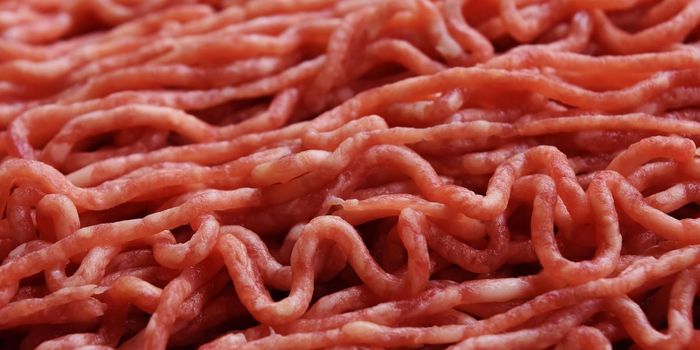Fruits and Vegetables May Reduce ADHD Symptoms in Children
Diets rich in fruits and vegetables may help reduce inattention issues in children with Attention deficit hyperactivity disorder (ADHD). The corresponding study was published in Nutritional Neuroscience.
ADHD is a neurodevelopmental disorder that affects 8-10% of young people in the US. Many factors influence ADHD, with some research suggesting that symptom severity may be linked to diet.
In the present study, the researchers analyzed baseline data from 134 children aged 6-12 years old with symptoms of ADHD and emotional dysregulation (ED).
Symptoms of ADHD and ED were assessed using the Child and Adolescent Symptom Inventory-5, and Strengths and Difficulties questionnaires. Meanwhile, their diet was assessed using the Healthy Eating Index-2015.
The researchers found that general diet quality was not significantly associated with outcome symptoms. However, after adjusting for covariates, they found that HEI scores for fruit intake and vegetable intake negatively correlated with inattention.
The researchers note that these findings were made from a larger study investigating the impact of micronutrients on ADHD symptoms. They thus noted that this study found that children who took micronutrients were three times as likely to show significant improvement in ADHD and ED than those who took a placebo.
The researchers also made note of another study involving the same children in which they found that children in families with high levels of food insecurity tended to have more severe symptoms of emotional dysregulation such as chronic irritability, and angry moods and outbursts.
When asked how diet may influence ADHD and ED symptoms, the authors noted that ADHD is linked to lower levels of certain neurotransmitters in the brain. They further explained that vitamins and minerals play an essential role in helping the body produce such chemicals that are vital for brain function.
They also noted parental stress may additionally influence children by creating family tension, and thus potentially symptoms of ADHD among children.
"What clinicians usually do when kids with ADHD start having more severe symptoms is increase the dose of their treatment medication, if they are on one, or put them on medication," said Irene Hatsu, co-author of the study and associate professor of human nutrition at The Ohio State University.
"Our studies suggest that it is worthwhile to check the children's access to food as well as the quality of their diet to see if it may be contributing to their symptom severity."
Sources: Nutritional Neuroscience, Science Daily









